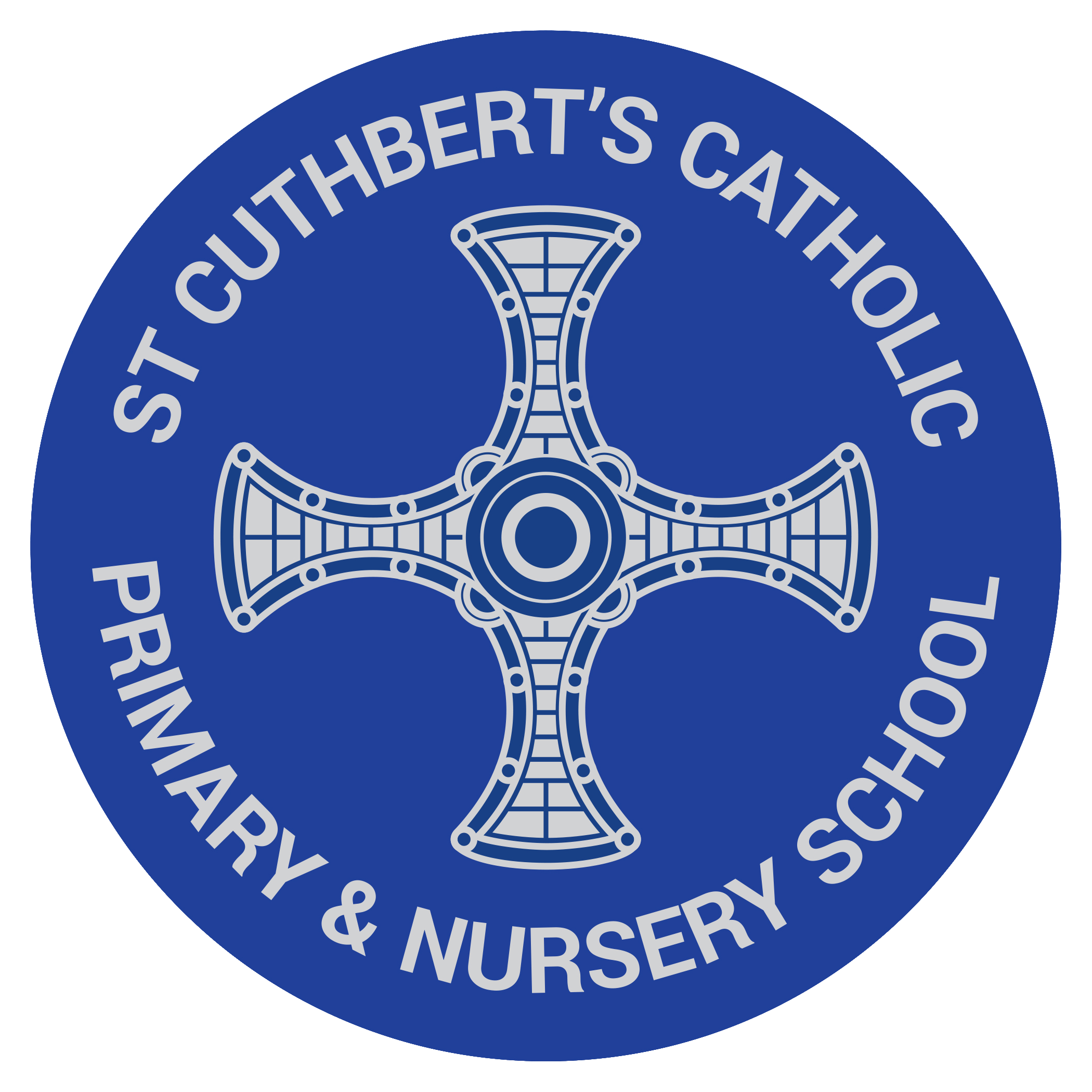Intent
At the Federation of St Cuthbert’s and St Sebastian’s, through opportunities to explore and understand the world we live in, children develop an enthusiasm and enjoyment of Science. Our progressive Science curriculum enables children to see relevance of the subject in their own lives through the learning of Biology, Chemistry and Physics and further imagine potential future science related careers based upon these.
Through high quality teaching and learning experiences, we aim to develop every child’s key scientific knowledge, vocabulary and understanding of a range of scientific concepts, methods, processes and skills. Pupils are encouraged to recognise the power of rational explanation and develop a sense of excitement and curiosity about natural phenomena.
Children are encouraged to develop and explore ideas through planned investigation and further make predictions, explain happenings and analyse data whilst communicating their ideas effectively. Within investigation, children should be encouraged to ask questions about observations whilst being guided to develop their understanding of scientific ideas through their enquiry. From EYFS to year 6, all children are immersed in scientific vocabulary, which aids children’s knowledge and understanding of our progressive and balanced science curriculum as well as the world around them.
Implementation
Within EYFS, science plays a key part within ‘Knowledge and Understanding of the World’ and plays a vital part within the exploration, learning and play of younger children. As well as the scientific knowledge, children begin to understand ‘working scientifically’ whereby appropriate to their developmental stage beginning to develop a curiosity about natural phenomena.
We plan units of work that will challenge prior knowledge in order to construct a secure, new understanding of knowledge and concepts. In addition to this, working scientifically is developed through the understanding of scientific methods, degrees of certainty and conducting investigations. Teachers create a positive attitude to science learning within their classrooms and reinforce an expectation that all children are capable of achieving high standards in science.
In ensuring high standards of teaching and learning in science, we implement a curriculum that is progressive throughout the whole school. This ensures progression between year groups and guarantees topics are covered. We develop the use of scientific language as well as creating problem solving opportunities that allow children to find out for themselves. Children are encouraged to ask their own questions and be given opportunities to use their scientific skills and vocabulary when collecting, presenting and analysing data. This curiosity is celebrated within the classroom. Planning involves teachers creating engaging lessons. Teachers use precise questioning in class to test conceptual knowledge and skills, and assess children regularly to identify those children with gaps in learning, so that all children can achieve.
We build upon the learning and skill development of the previous years. As the children’s knowledge and understanding increases, and they become more proficient in selecting, using scientific equipment, collating and interpreting results, they become increasingly confident in their growing ability to come to conclusions based on real evidence. Working Scientifically skills are embedded into lessons to ensure these skills are being developed throughout the children’s school career and new vocabulary and challenging concepts are introduced through direct teaching. Children have access to key language and meanings in order to understand and readily apply to their written, mathematical and verbal communication of their skills.
Impact
We believe our children will:
- acquire a love and enjoyment of Science.
- follow a progressive science curriculum that meets the needs of all pupils.
- develop a broad vocabulary of science which will enable them to articulate their understanding of taught concepts.
- develop their scientific knowledge, conceptual understanding and ability to think and act scientifically.
- use a range of investigations and practical activities giving them a greater understanding of the concepts and knowledge of science.
- be equipped with the knowledge required to appreciate and understand science’s contribution to all aspects of everyday life.
- build on their curiosity and sense of awe of the natural world.

